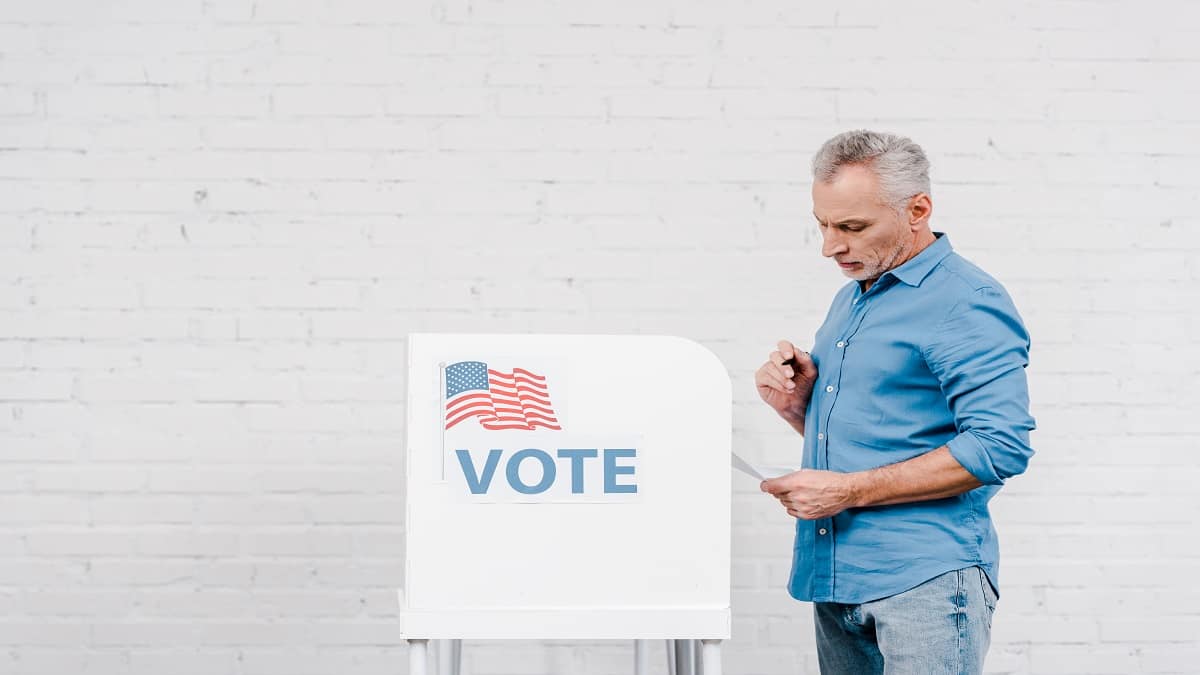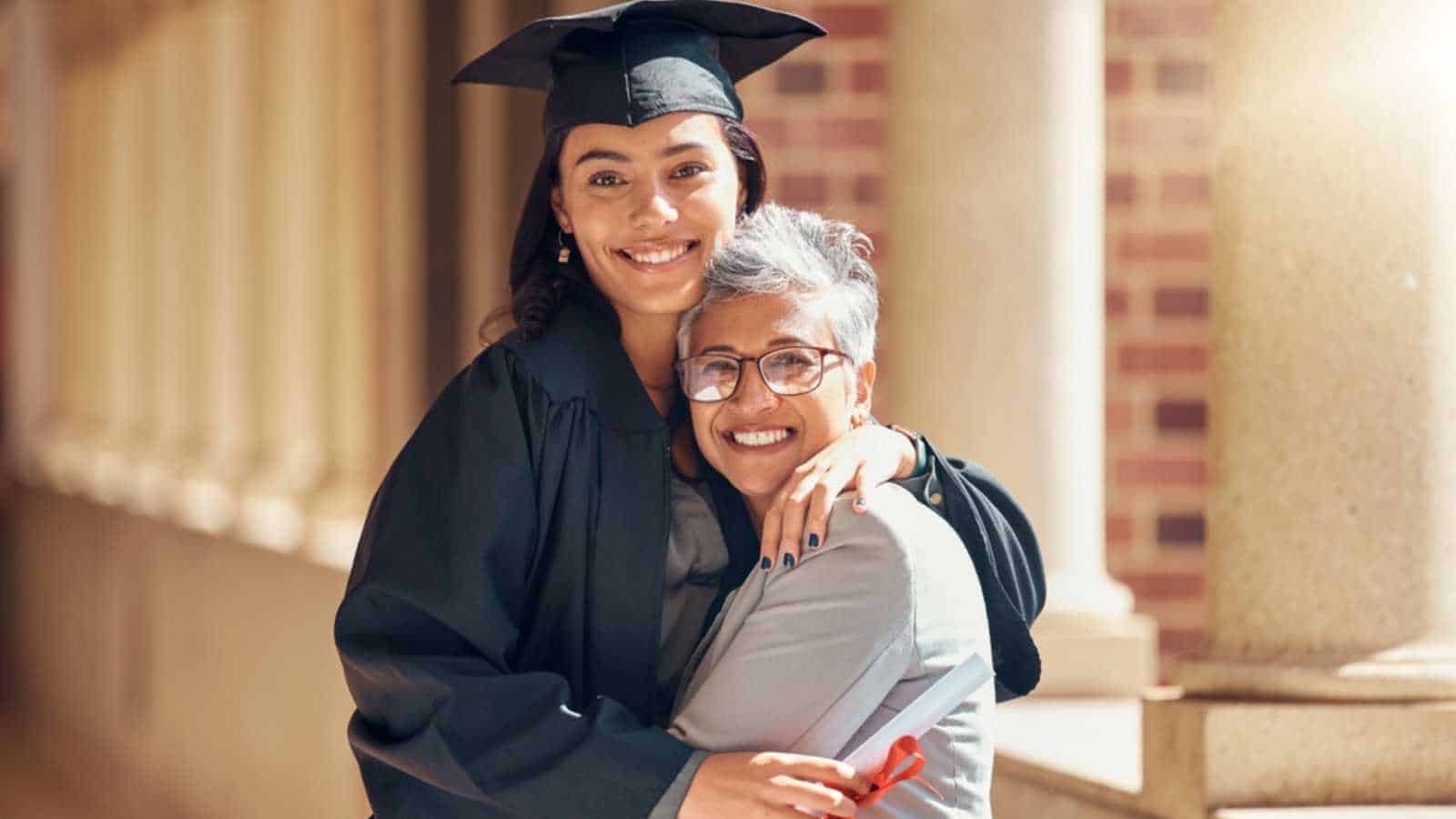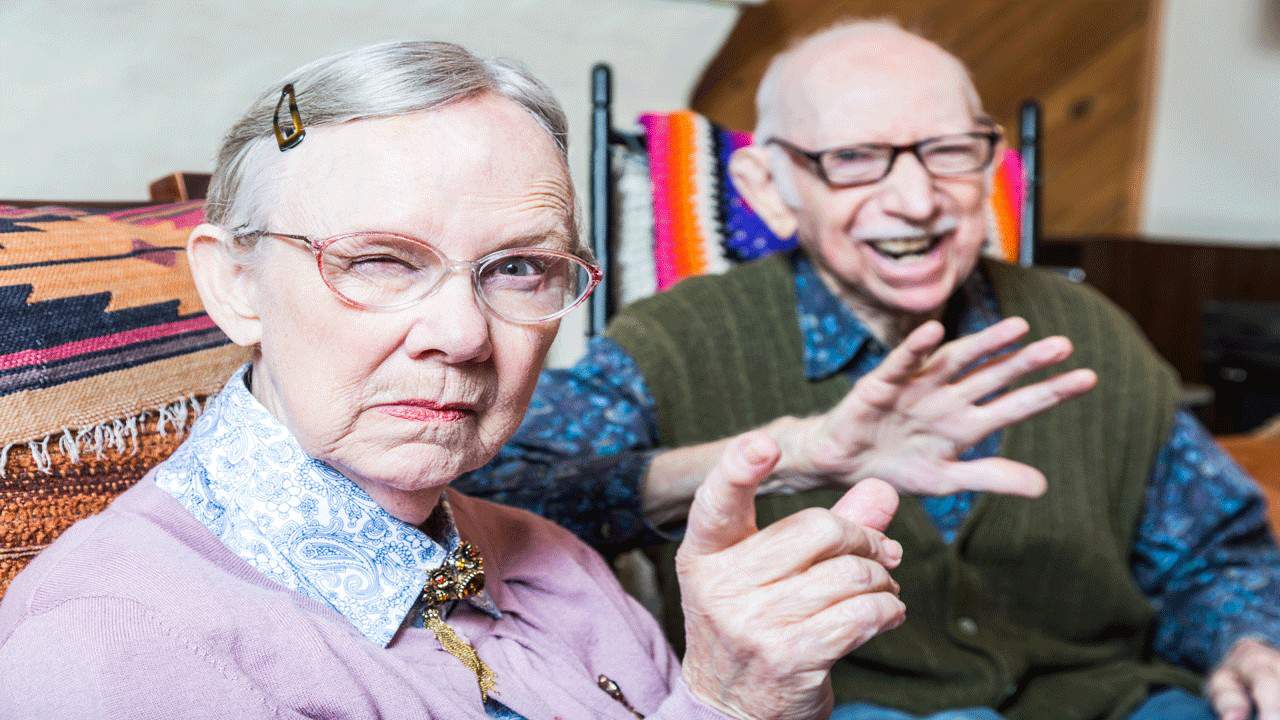THIS POST MAY CONTAIN AFFILIATE LINKS. PLEASE SEE MY DISCLOSURES. FOR MORE INFORMATION.
Though 18 is considered the legal voting age in America, there has been a long-standing debate about whether this threshold is too high.
Some advocate for lowering the voting age, arguing that 16- and 17-year-olds deserve a say in their governance given that they pay taxes and are expected to join the military at 18.
However, others contend that younger teens lack the maturity and life experience to make informed choices at the ballot box.
As with any issue involving democratic participation, reasonable arguments exist on both sides.
We aim to explore both the pros and cons of potentially lowering the national voting age, delving into issues like civic engagement, mental development, and political impact.
My goal is not to take a definitive stance but rather to provide an even-handed analysis of this nuanced debate that many feel is ripe for revisiting.
Volatility in Voting Patterns and Impact on Policy Stability

Some worry that the youth’s political opinions might be more volatile, shifting rapidly in response to popular trends or the influence of peers.
Detractors claim that younger voters might make decisions based on emotions rather than a thorough analysis of policies.
This could result in inconsistent and superficial choices that don’t necessarily align with the country’s best interests.
Political Apathy and Pressure to Vote

Some skeptics worry that lowering the voting age might not automatically translate into higher political engagement.
In fact, they fear that younger citizens might be even more apathetic towards politics due to disinterest or a lack of understanding.
Young citizens might feel pressured to vote without fully understanding their choices, leading to arbitrary decision-making and uninformed choices.
Addressing Youth Issues

Let’s face it, who better to understand the struggles and aspirations of the youth than the youth themselves?
By giving young people a platform to express their concerns and opinions through voting, issues that resonate with their generation gain prominence on the political agenda.
Issues like education, climate change, and employment opportunities gain prominence on the political agenda as a larger youth voting bloc demands attention.
Bridging the Generation Gap

Imagine a political landscape where conversations span generations, where wisdom meets innovation.
Lowering the voting age could help bridge the gap between different age groups, fostering understanding and collaboration.
Fresh Perspectives

Imagine the vigor and innovative thinking that young minds could bring to the table!
Lowering the voting age would introduce fresh perspectives to political debates, potentially breaking free from the traditional molds that politics can sometimes fall into.
Maturity and Experience

One of the most debated points is whether younger citizens possess the maturity and life experience needed to make informed political decisions.
Critics argue that age brings wisdom and that rushing into political participation might lead to rash choices.
Moreover, it is argued that younger voters might also lack the political knowledge needed to make informed decisions.
Some believe voting is a civic responsibility that should come with age and a sense of maturity.
Manipulation and Influence

Concerns exist that lowering the voting age may make young people susceptible to manipulation by political parties or media campaigns.
Opponents argue that the youth may be influenced by emotional appeals, media sensationalism, and persuasive tactics employed by political parties.
Inexperienced in recognizing biased information, they might make decisions based on surface-level arguments, potentially swaying election outcomes.
More Inclusive and Diverse Democracy

Isn’t democracy all about representation?
By lowering the voting age, we’d be extending the democratic process to include those affected by policies who haven’t had a voice in shaping them.
Many argue that if young people can work, pay taxes, and contribute to society, they should also have a say in the political process.
Political Education

Lowering the voting age would necessitate improved political education in schools.
This means our young voters would have a solid understanding of how the political system works, enabling them to make informed decisions.
Young voters would become more attuned to political processes, candidates, and party platforms.
Unbalanced Representation

While youth issues are important, some believe that solely focusing on them might lead to a skewed representation of the broader population’s needs.
The concerns of older citizens shouldn’t be overshadowed.
A disproportionately large youth voting bloc might overshadow the opinions of other demographic groups, potentially undermining democratic representation.
Enhanced Accountability

Politicians might be slightly more cautious with their decisions if they know that a broader range of constituents, including younger citizens, are actively watching and voting.
Politicians may tailor their campaigns and policies to appeal to younger demographics, leading to more relevant and diverse political discussions.
Encouraging Civic Engagement

We all know that early exposure leads to long-lasting habits.
By allowing younger citizens to vote, we might be nurturing a culture of civic engagement from the get-go, ensuring that politics becomes a part of their lives early on.
Lowering the voting age empowers young citizens to actively participate in shaping their communities and country, cultivating a sense of civic responsibility from an early age.
Disruption of Education and School Influence

Voting is a right, but it’s also a responsibility.
Critics argue that getting involved in politics might distract young people from their education, potentially hindering their personal growth and future prospects.
Lowering the voting age can negatively impact the school system by inadvertently involving educational institutions in political matters.
It may lead to the spread of biased information and the potential indoctrination of students with political ideologies.
Schools could become platforms for political influence rather than centers of unbiased education, potentially compromising the development of critical thinking skills and impartial knowledge among students.
Disproportionate Influence

Young people might have diverse interests and opinions, potentially leading to fragmented representation.
Politicians might make promises targeting young voters without a genuine commitment to fulfilling them.
What’s The Answer

The decision to lower the voting age is not an easy one.
There are valid points on either side. We must give our young people a voice and the opportunity to make a difference in their future.
By doing so, we can empower the future of the world, create positive change, and allow for a more diverse and representative government.
World Economic Forum’s Chilling Alert on a Cyber Pandemic

If you thought the global pandemic in 2020 was bad, buckle up.
A majority of business leaders and cyber leaders believe a catastrophic cyber event is likely in the next two years.
What does this mean for you, and should you believe it?
Here are the answers to your questions.
WORLD ECONOMIC FORUM WARNS OF CYBER EVENT
Dark Clouds Looming

There is a lot of negativity in the world right now.
Here are the main reasons people say why they are losing hope for the future.
Dark Clouds Looming: 12 Reasons People Have Lost Hope For the Future
It’s All Your Fault 10 Ways Boomers Have Become Scapegoats for the Younger Generation

No matter what problem the world is facing, the blame always lies with the Boomers, according to younger generations.
See what their gripes are and if they have any merit.
WAYS BOOMERS ARE SCAPEGOATS FOR THE WORLDS ISSUES
Boomers Unleashed: The Top 10 Most Annoying Behaviors They Can’t Stand

What do kids these days do that irritates Boomers the most?
Find out in this epic rant….er article.
IRRITATING BEHAVIORS BOOMERS CAN’T STAND
“OK Boomer” 20 Trends Millennials Refuse to Follow

Each generation has their own trends and quirks.
Sometimes, other generation catch on to be part of the club. But not always.
Here is a look at what Boomer trends the youth wants no part of.
BOOMER TRENDS THAT NEED TO GO AWAY
I have over 15 years experience in the financial services industry and 20 years investing in the stock market. I have both my undergrad and graduate degrees in Finance, and am FINRA Series 65 licensed and have a Certificate in Financial Planning.
Visit my About Me page to learn more about me and why I am your trusted personal finance expert.

